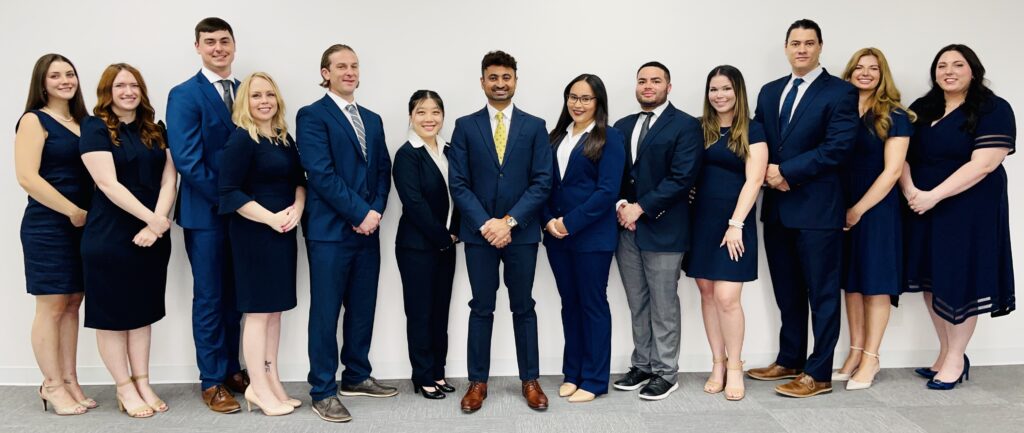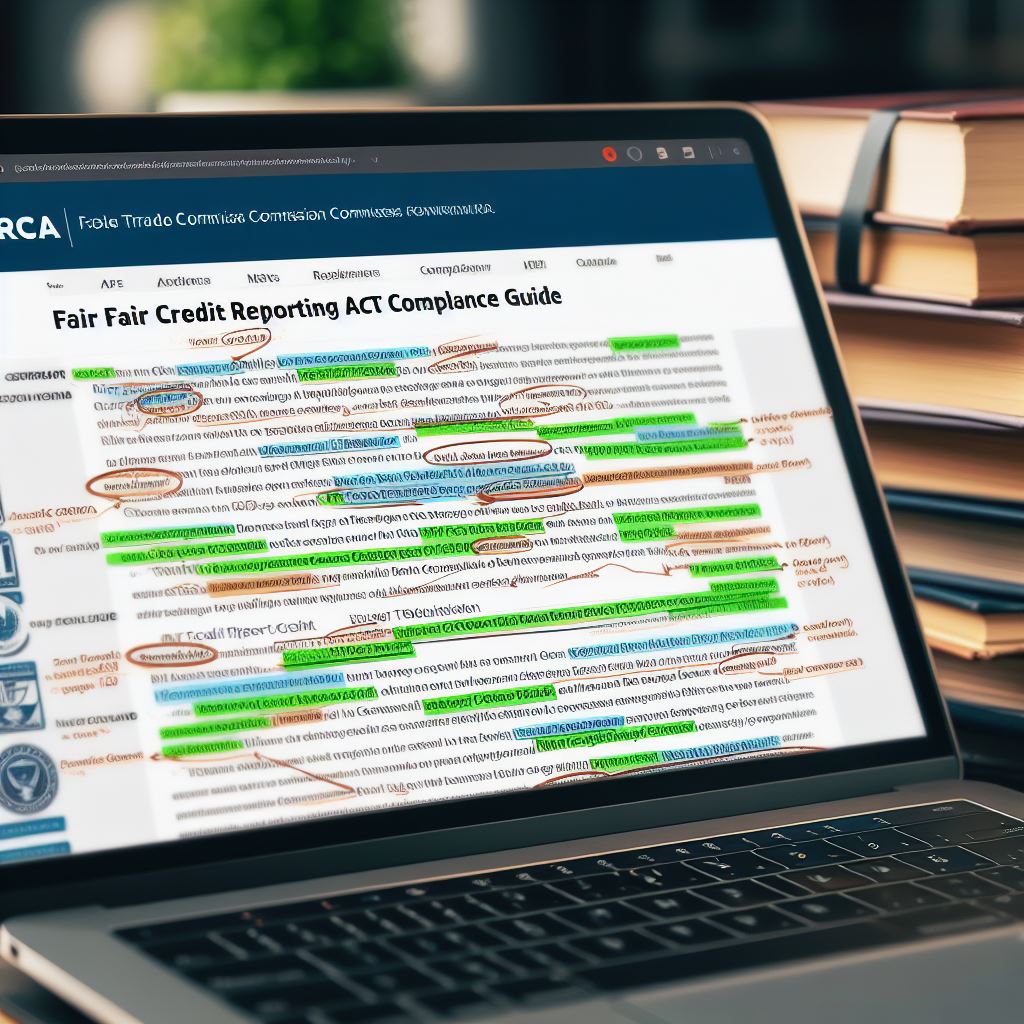Introduction
The Fair Credit Reporting Act (FCRA) sets the legal framework for credit reporting in the United States. Within this framework, a complex scenario can arise when a credit denial occurs before the completion of a dispute investigation by the credit reporting agencies (CRAs) and the furnisher. This article explores the legal considerations, potential claims, and challenges in pursuing remedies under such circumstances.
I. Potential Claims Under the FCRA
A. Sections 1681e(b) – CRA violations before a Credit Dispute is Filed.
These provisions might serve as bases for claims when a credit denial occurs due to inaccuracies in credit reporting:
- Section 1681e(b) requires CRAs to follow reasonable procedures for accuracy.
Potential damages may include actual damages, punitive damages, statutory damages, and attorney’s fees.
B. Sections 1681i(a) and 1681s-2(b) – CRA and Furnisher violations after a Credit Dispute Investigation is Completed and Errors are Not Corrected.
These sections relate to the responsibilities of CRAs and furnishers to conduct reasonable investigations after a dispute is raised:
- Section 1681i(a) governs CRAs’ obligations to investigate disputes.
- Section 1681s-2(b) outlines furnishers’ duties to investigate and correct information after notice from a CRA.
Claims under these sections can be complex when credit denial occurs before the dispute.
II. Injury to Creditworthiness and Mental Anguish
Claims for injury to creditworthiness and mental anguish require proof of causation, a direct link to the dispute investigation, and tangible evidence of distress:
- Causation: Establishing that the injury resulted from inaccurate information that should have been corrected.
- Direct Connection: Proving that failures of the CRA and/or furnisher directly caused or continued the distress and injury.
III. Considerations and Challenges
- Timing: The credit denial occurring before the dispute investigation might create hurdles in establishing causation and linking damages to specific FCRA violations.
- State Law: Jurisdiction-specific laws might provide additional avenues for recovery.
- Fact-Specific Analysis: A detailed review of the facts, relevant case law, and expert consultation may be necessary to build a strong case.
Navigating FCRA claims in the context of credit denials and subsequent dispute investigations requires a nuanced understanding of the Act’s provisions, the timing of events, and the actions of CRAs and furnishers. Legal practitioners must carefully analyze the facts, establish clear causal links, and consider all available legal avenues to effectively advocate for their clients.
While this article offers an overview of potential claims and considerations, each case’s specific circumstances may require tailored legal strategies. Collaboration with fellow attorneys and experts in FCRA litigation, as well as a comprehensive understanding of the relevant jurisdiction’s laws, will be essential in successfully navigating these complex legal waters.
This article is intended for informational purposes and should not be construed as legal advice. Specific legal questions should be addressed with a legal professional with expertise in the relevant area of law.


